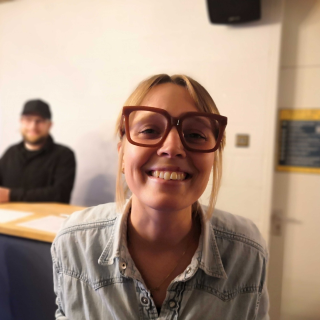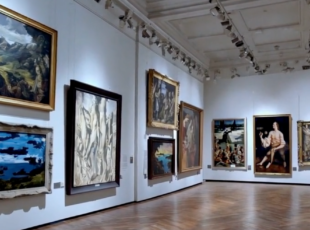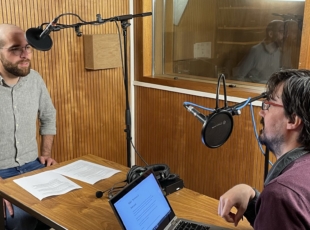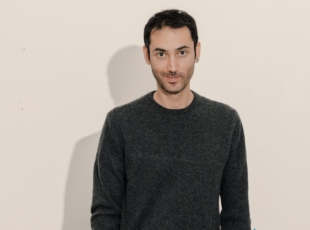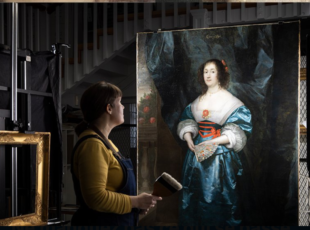Weekly ※ Friday 17.03.23
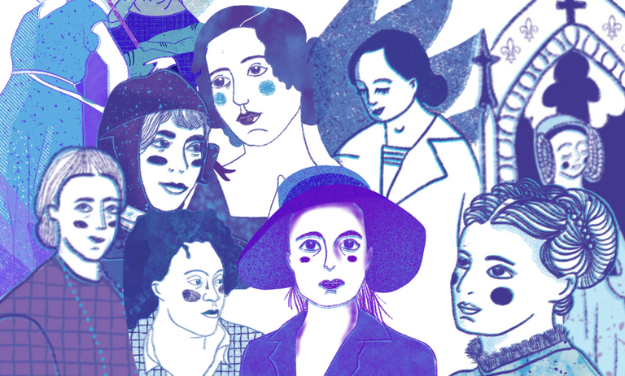
Article author :
Friday is weekly: a summary of what the team has seen, read, listened to and wants to share with you.
An AI capable of detecting breast cancer
AIs are constantly surprising us, and that is true even in the medical sector. We recently read that an artificial intelligence has successfully diagnosed breast cancer and enabled the presence of a tumour to be predicted one year before its confirmation by biopsy. If we want to discuss numbers, this AI recognises and correctly identifies the development of a breast cancer in 87% of cases. And that it is not all, as it is equally capable of distinguishing different types of it, including rare forms.
But, in practical terms, how is this AI capable of such a diagnosis? The researchers used in the region of 38,500 mammograms from over 9,000 patients. The AI’s algorithm was trained to recognise 51 mammary characteristics, by means of deep learning methods (in other words algorithms capable of imitating the actions of the human brain by means of networks of artificial neurones). A number of the people who worked on the project were impressed by the accuracy of its results.
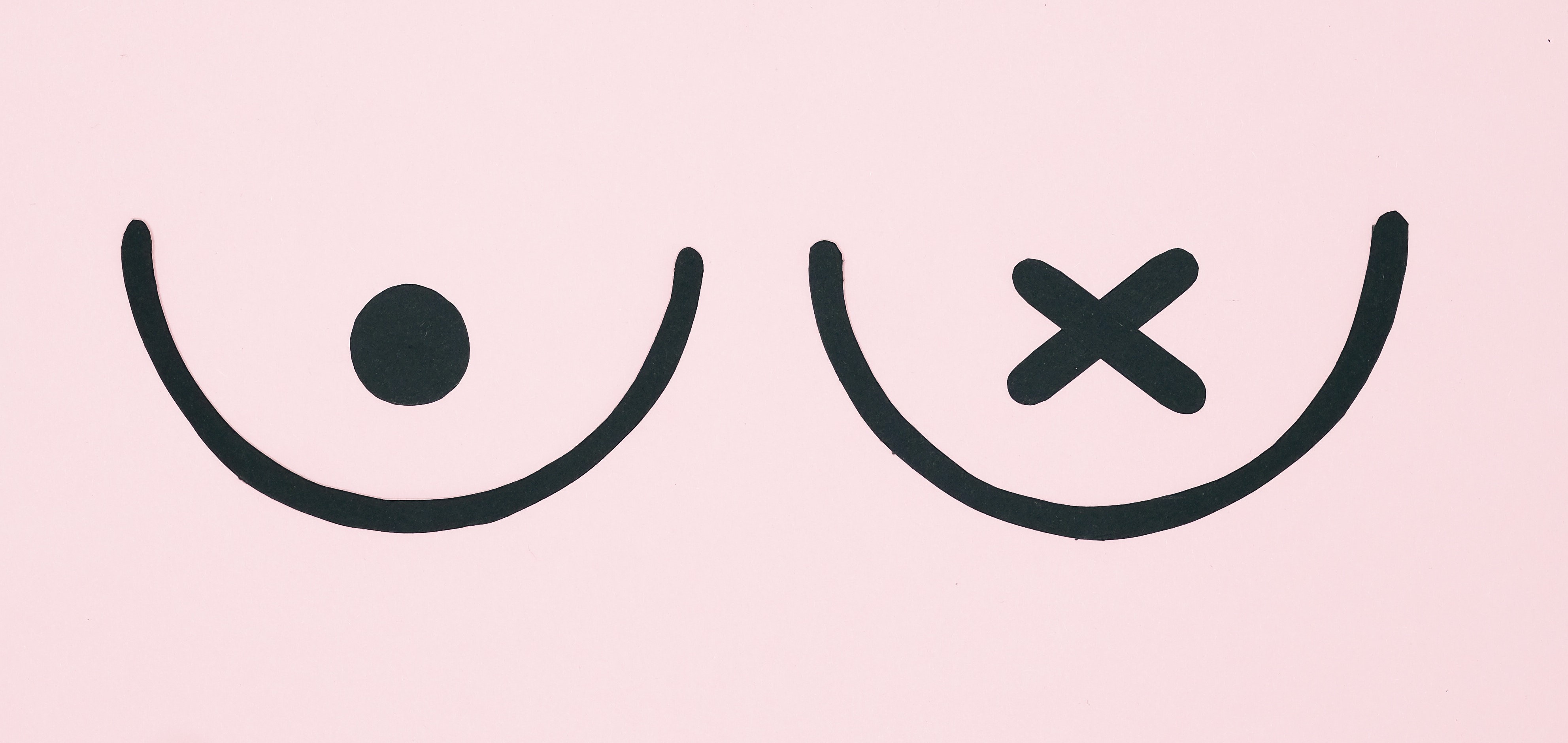
A world first, but also an incredible advance for AIs and the medical world. It will obviously never replace conventional medicine, at least not for the moment, but it will in any event provide precious help.
The podcast about our Walloon women
On Wednesday evening we attended the reception held to launch a new podcast which is 100% female and Walloon. An event which took place at le Delta cultural centre, in Namur. The new sound project launched by the Ultra Vagues design studio, spearheaded by the talented Cassiopée Henaff and Héloïse Rouard, is called Our Walloon Women. In this sound series of 10 episodes, we discover the profiles of 10 women who have made their mark on Walloon history and have illuminated its female heritage.
Welcomed by the smiles and the cheerfulness of the two Ultra Vagues founders, the evening event unfurled over three stages. ONE. An introduction to the Ultra Vagues studio, the scope of its activities and its services. TWO. A round table on the question: ‘Why have women been rendered invisible in history?,’ with several historians and doctoral researchers participating. THREE. A raised glass to celebrate this marvellous project being placed online, a venture which took over 15 months to reach full maturity.

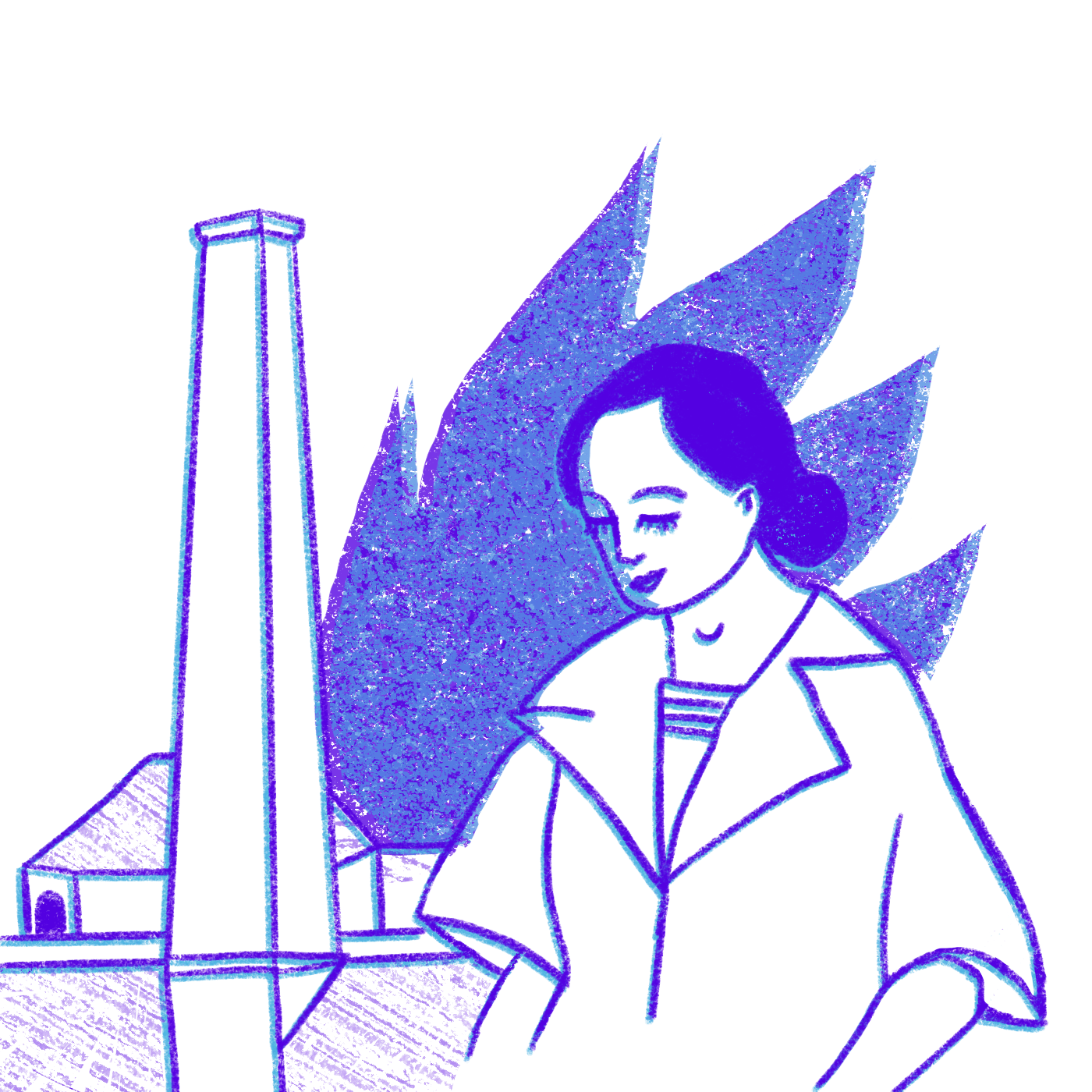
We would in particular like to return to this event’s second highlight, the round table. We really appreciated the pertinence of the comments made, the natural and fair way the discussion was hosted, and the importance of the points expressed. The facts are right before us: from art to politics, whilst including education and science, it is very difficult to find archives, sources, or traces of women who have marked History. We thus return to the same earlier question: ‘why this invisibilisation?’

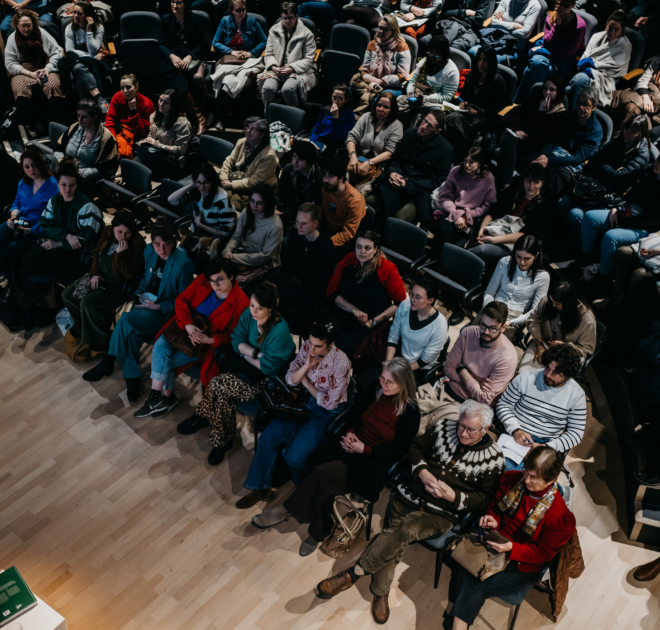
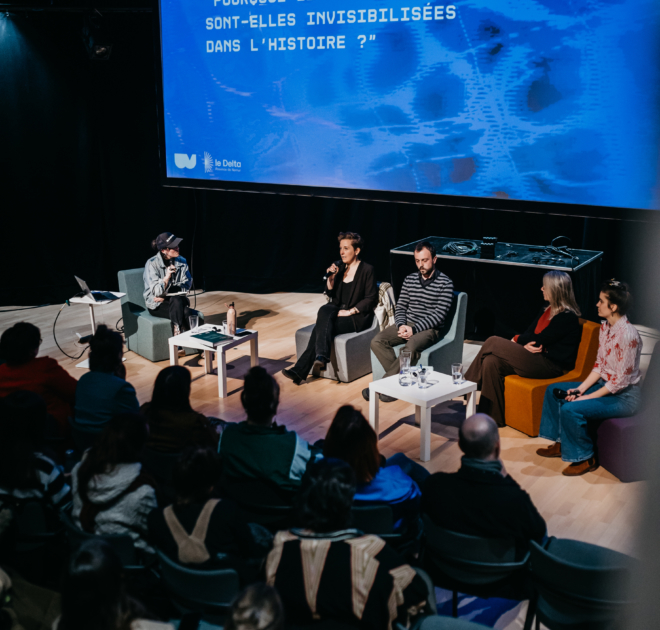
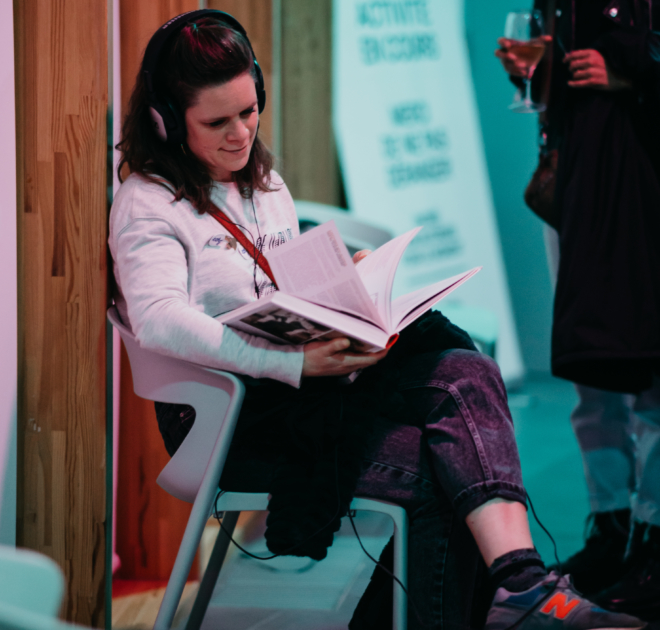
These women were made invisible because of patriarchy and/or lack of interest – which comes down to saying patriarchy, again. This discussion was brought to a close by dwelling on the solutions which could be imagined in order to place these women in the spotlight. Several interesting proposals were aired: museums with collections of women artists (not a fun fact: only 7 works produced by women artists are exhibited, all the royal museums included, in Brussels), a school education which talks about female role models and what patriarchy is, and public sites being renamed in memory of these women – that would be a good start in itself. Obviously, – you are by now getting to know us – we vote yes for all these proposals, and if it were purely up to us, these ideas would already have been implemented long ago. So, Mister Prévot, when will we see streets, cultural spaces and lecture halls being named in memory of these women in Namur?
The Ultra Vagues podcast series ‘Nos femmes wallonnes’ can be listened to on the project website and on Spotify.
This article was written by the kingkong team, Lucie Roulet, Julie Peustjens and Julie Mouvet.
A story, projects or an idea to share?
Suggest your content on kingkong.
